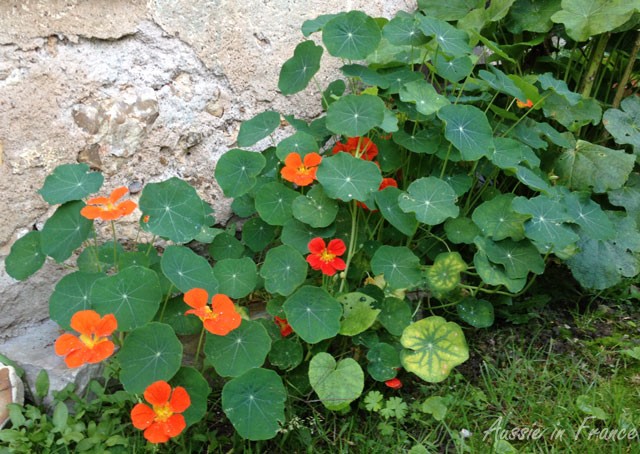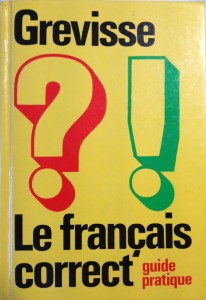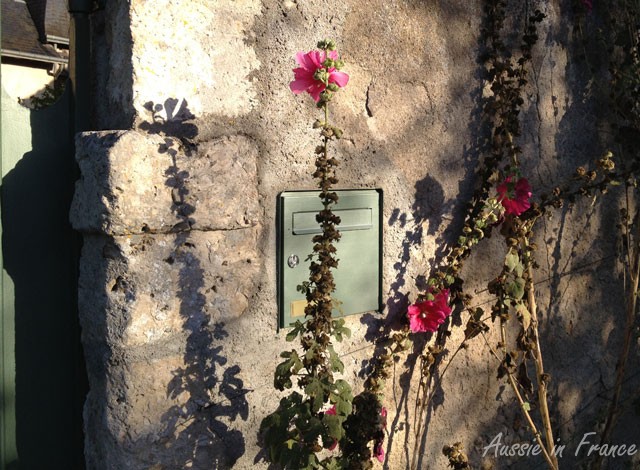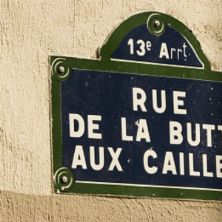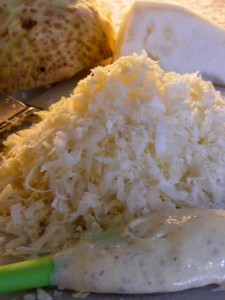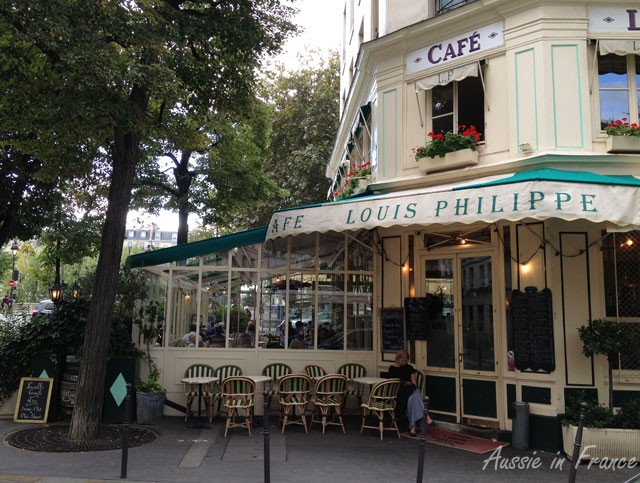What luck! What bad luck! What good luck!
Quelle chance ! Quelle mauvaise chance ! Quelle chance !
That’s right, it’s not a mistake – quelle chance twice – because you don’t say quelle bonne chance in French. You can say bonne chance all by itself though to wish someone good luck. Otherwise, chance is always good.
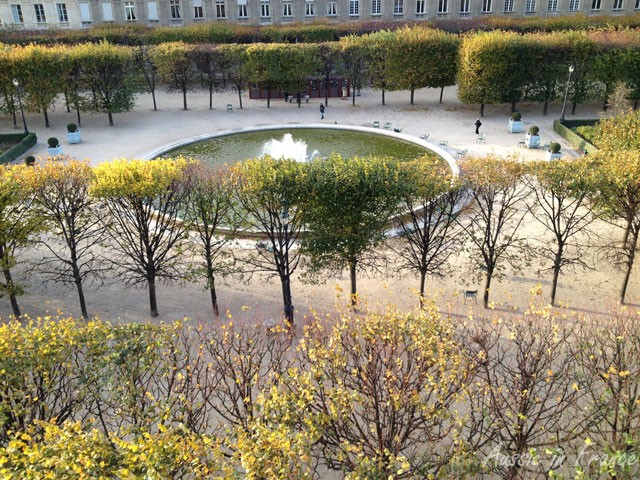
In English we have three words to mean more or less the same thing – chance, fortune and luck.
Fortune in French usually has a financial meaning as in il a fait fortune, which means he made his fortune.
In literary contexts, fortune can be used in our sense of luck or fortune but I’ve never heard anyone use it.
My Larousse gives the expression La fortune sourit aux audacieux which means “Fortune favours the bold or strong or brave”. They are all translations of the Latin proverb Audentes fortuna iuuat, Fortes fortuna adiuuat, Fortuna audaces iuua or Fortes fortuna iuuat.
In most contexts, chance is used in French to convey the English luck or lucky or fortunate. There is an adjective, chanceux and its antonym malchanceux or malencontreux but they’re rarely used in comparison with lucky. Jean Michel couldn’t find any examples of chanceux in normal speech.
Quelle chance tu as d’habiter le Palais Royal = You’re so lucky to live in the Palais Royal.
Tu as de la chance d’habiter le Palais Royal = You’re lucky or fortunate to live in the Palais Royal.
Il n’a jamais de chance = He’s always unlucky.
J’avais de la chance de trouver ce que je cherchais = I was lucky to find what I was looking for.
Elle avait de la chance d’être là au bon moment = She was fortunate in being there at the right time.
Just for the record, il est fortuné has nothing to do with being lucky – it means he’s wealthy.
So what about “chance” in English? For example, how do you say “I didn’t get a chance to talk to him”? Well, here “chance” means “opportunity” or “possibility” so we would say je n’ai pas eu l’occasion (ou la possibilité) de lui parler.
But if it means “luck” e.g. he hasn’t much chance of winning, you’d use chance but in the plural: il n’a pas beaucoup de chances de gagner.
“Chance” in English is used in a lot of different contexts that I won’t bore you with. Just a couple that might be useful though.
I went there on the chance of seeing him = j’y suis allé dans l’espoir de le voir. Here, “chance” means “hope”.
No chance! not a chance = jamais ! jamais de la vie !
Alors bonne chance in your future use of chance! And if you have any questions, don’t hesitate!




